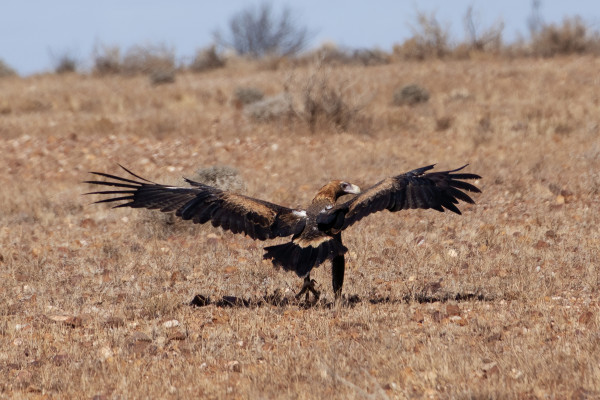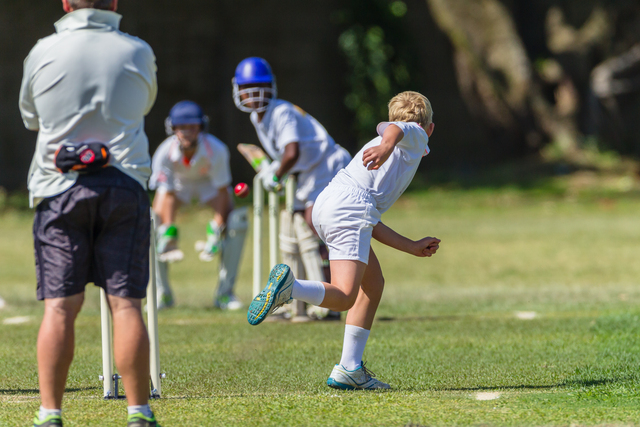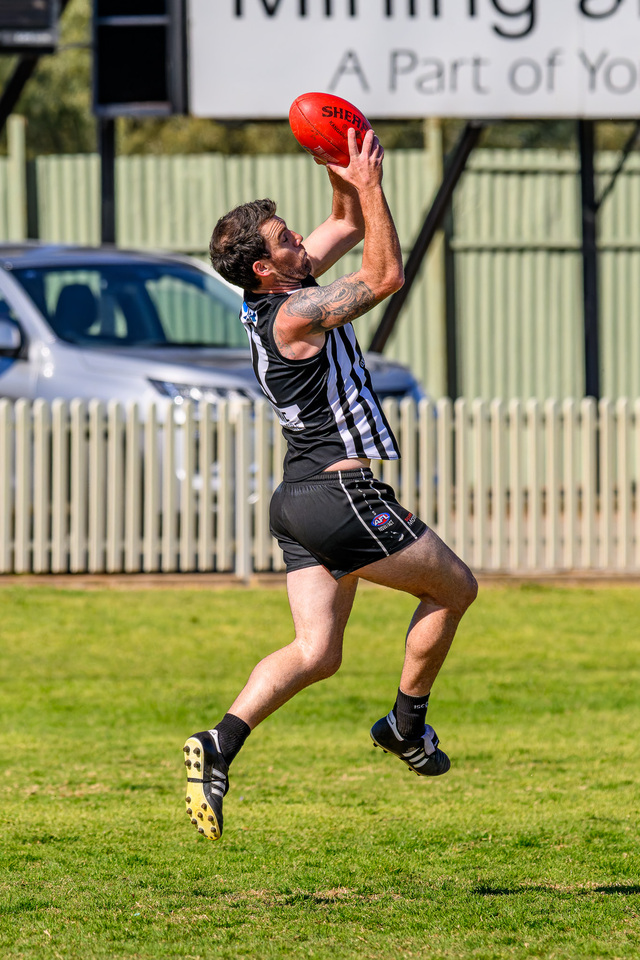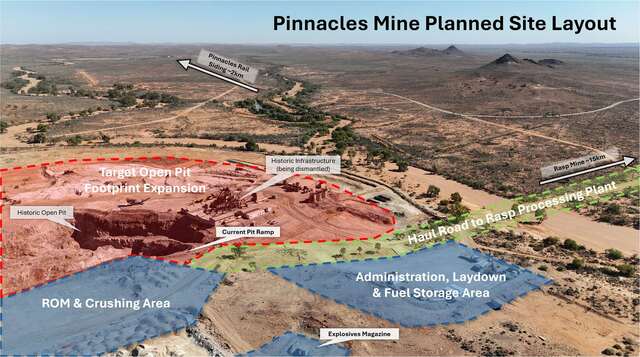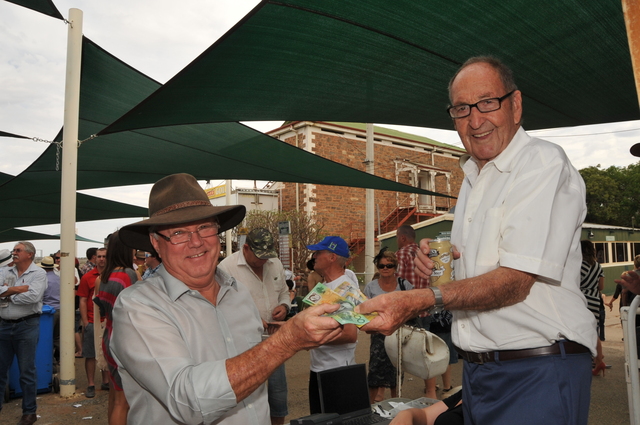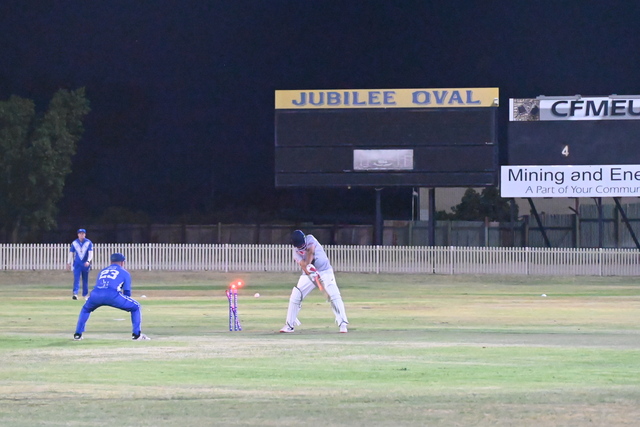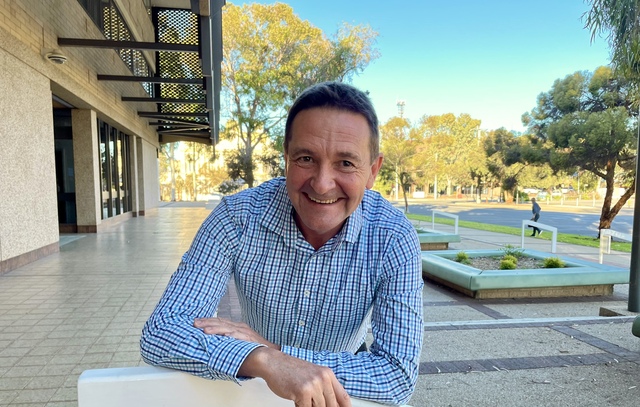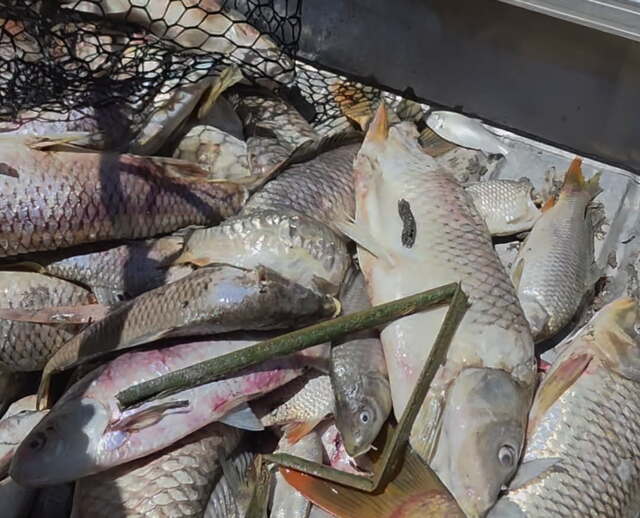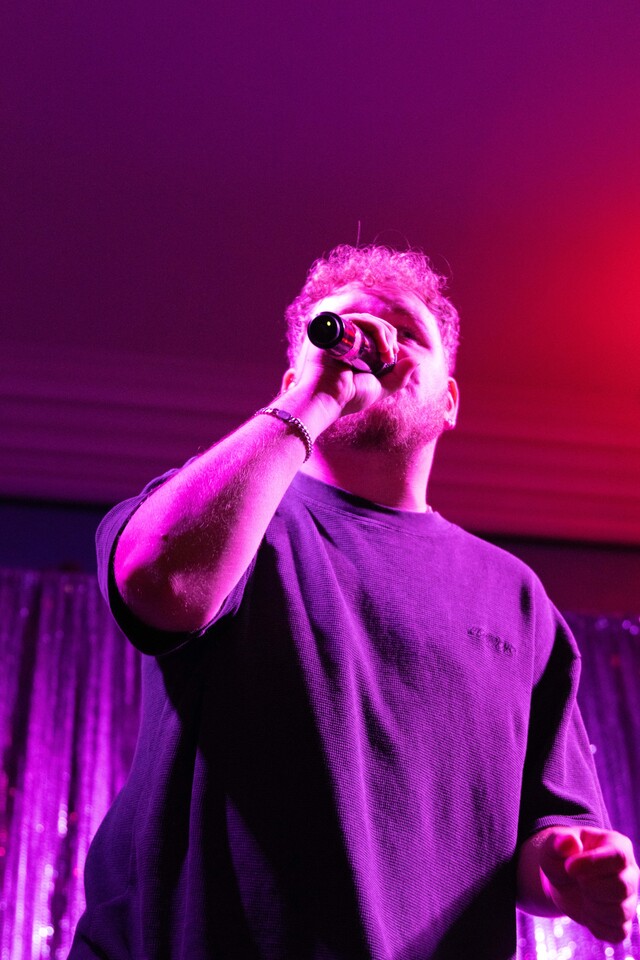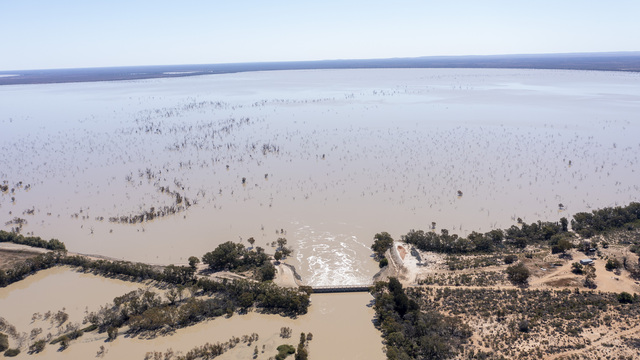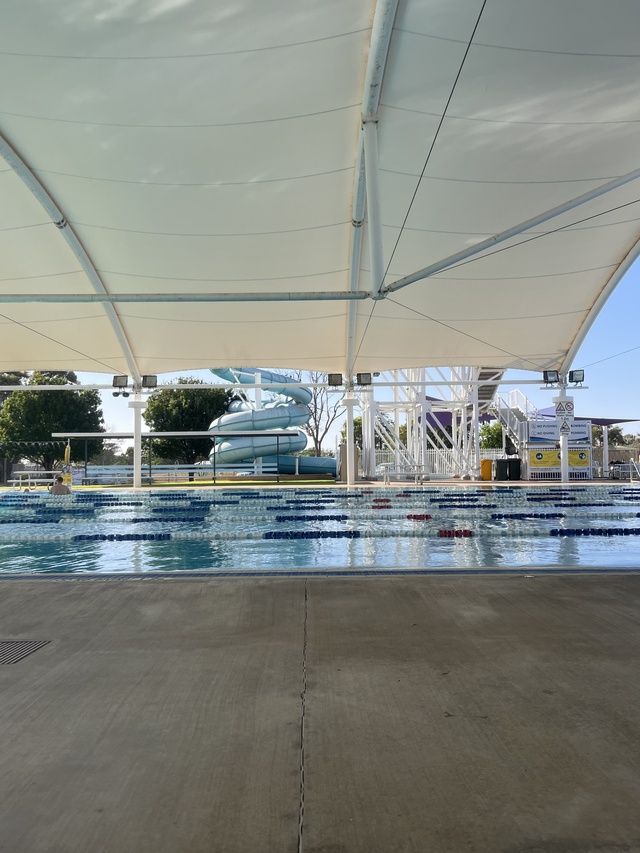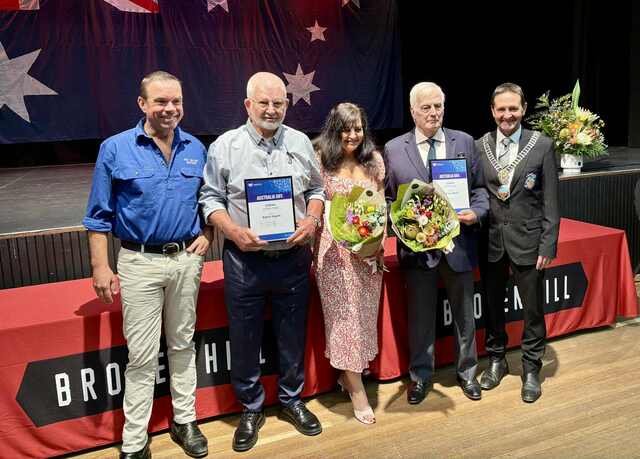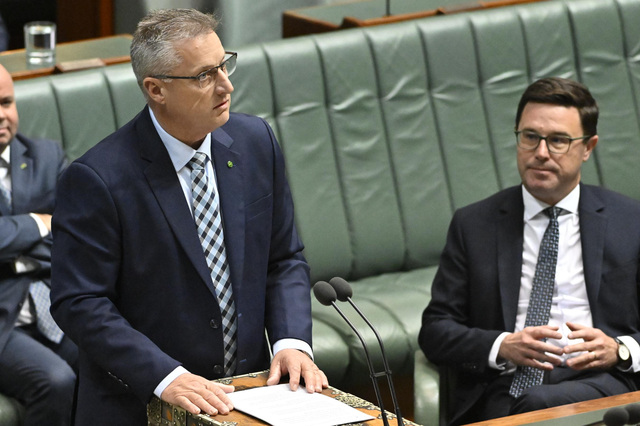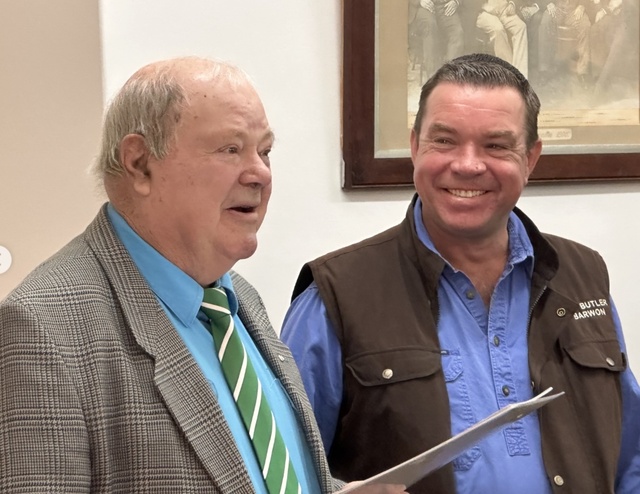ONLY three months after moving to the Far West Region, photographer Lorraine-Lee Tyerman was in a serious car accident that left her with a degenerative illness which sees her struggle to walk, stand or use her arms.
“I was studying at Charles Sturt and got my Bachelor in Creative Arts and Design at the time,” she said.
“But my back injury interrupted it.”
Tyerman and her partner had been driving at dawn when they hit a “washout”.
“A washout is when the rain comes down and washes the sand away and leaves a wall,” she said.
“We didn’t see it til too late, and we slammed into it.”
Tyerman said overcoming the mental challenges of her illness were almost harder than the physical ones.
“I was going fine until I went and found a neurosurgeon to visit because they kept telling me, ‘You’ll be better’ and I wasn’t,” she said.
“So I went down to Melbourne and found one of the top neurosurgeons in the country and he put me in the hospital for a weeks’ worth of investigations.
“And at the end he came and met me and said, ‘There’s nothing we can do for you, you have to adapt’.
“That broke me. I had all these plans, I was doing weddings and events and sports, and that was really crushing and sent me into depression.”
Tyerman said when being treated for her PTSD and depression with her psychologist, they remarked on how much joy talking about photography gave her.
“She always says when I talk about photography my face lights up,” she said.
Tyerman first picked up a camera to photograph her son’s football games, and said she first realised the importance of photos when she suddenly lost her brother when she was 20.
“When I was 20 my older brother died suddenly and I got amnesia for a year either side of it,” she said.
“So the only memories I have are the photos that family and friends helped me put names and dates on everything. So that is my two years of memories, in photos.”
Having grown up so far from the region on the Central Coast and spending time living in the Hunter Valley, Tyerman said the colours of the red earth and blue skies continue to make her want to pick up the camera, despite it not being as easy as it once was.
“I love natural beauty, there’s nothing like a beautiful sunset, especially out here,” she said.
“The colours out here – the red dirt, the green shrubs, the blue skies. Even when you see it in drought.”
She makes most of her photographs on a remote station between Broken Hill and Tibooburra, where she lives with her partner.
“About four years ago I came out to visit, and then I came out a couple of times and then decided I’d like to move out,” she said.
“Our sheep station is 113,000 acres. We’re surrounded by six stations and are in the middle of them all.”
Tyerman raises orphaned lambs who keep her company around the house.
“I used to have a few sheep, so I had at least a little bit of experience with farm animals. But this is a much bigger scale,” she said.
“I still get all the potty lambs, which are orphaned lambs, and raise them. I have a blind one, and all these potty lambs all walking around. I have older ones come and visit me and I have one hanging around at the moment. She’s so demanding, she wants pats all the time, she’ll stand out the front and baa loudly until I go and pet her. “
Tyerman said that though she doesn’t photograph as much or for as long as she used to, she still feels incredibly privileged to be able pick up the camera.
“I always feel privileged to capture something of such outstanding beauty or to see something like a wedgie so close that you can share with other people and show them the beauty that you’ve seen,” she said.
Tyerman will be exhibiting her photos in the windows of the Broken Hill City Art Gallery as part of the Red Dust, Blue Skies exhibition.

